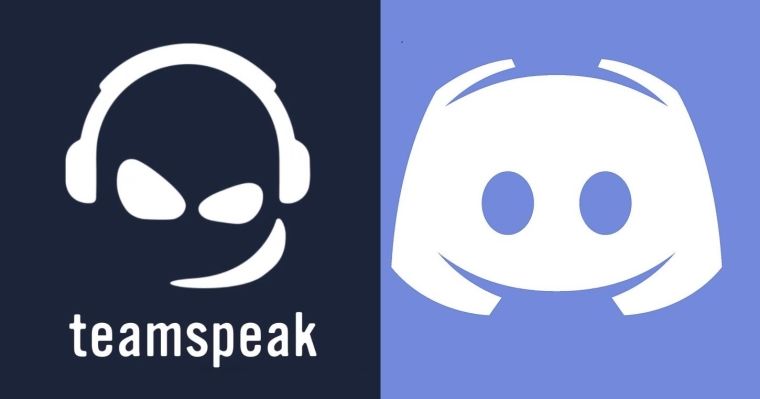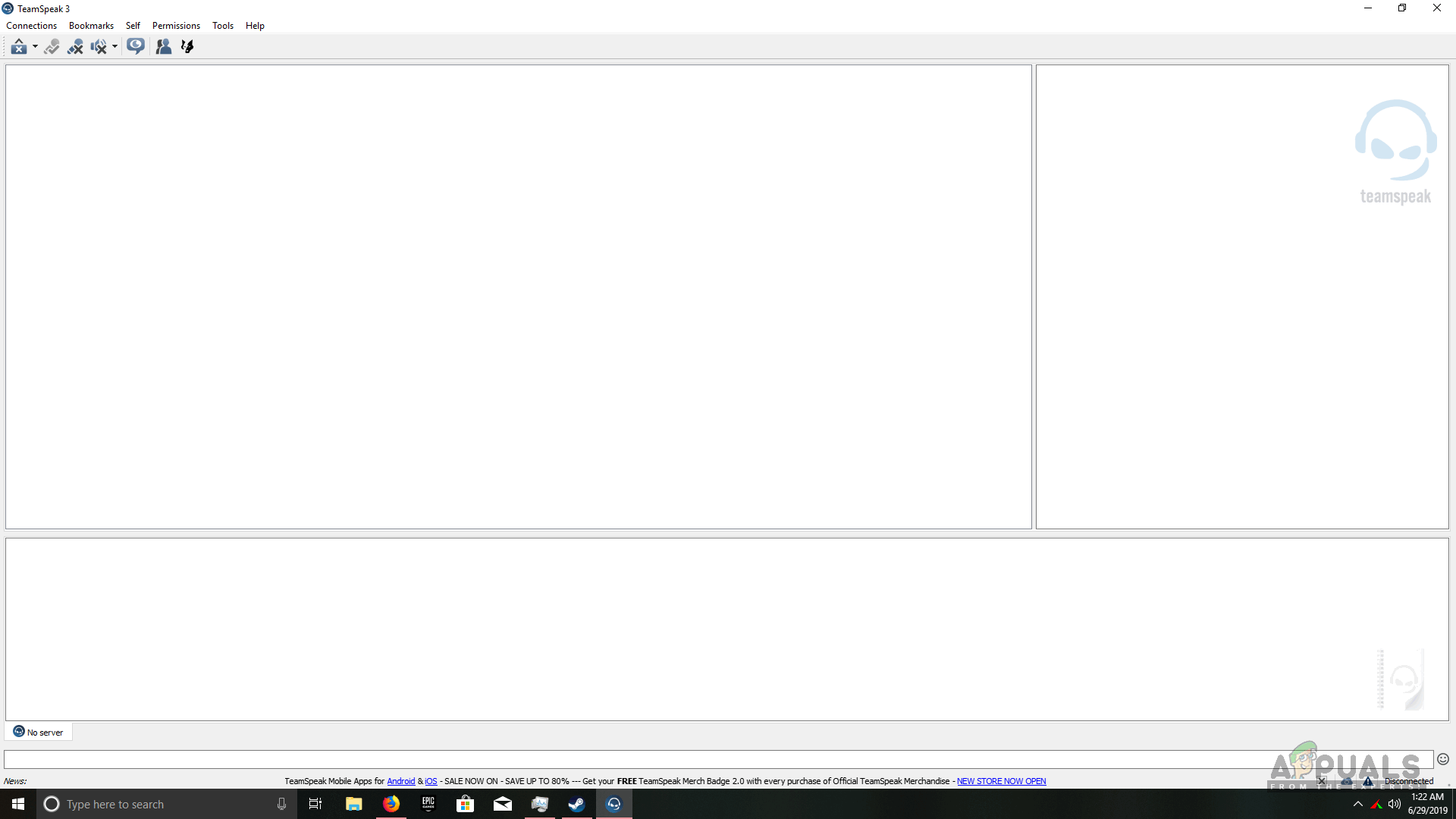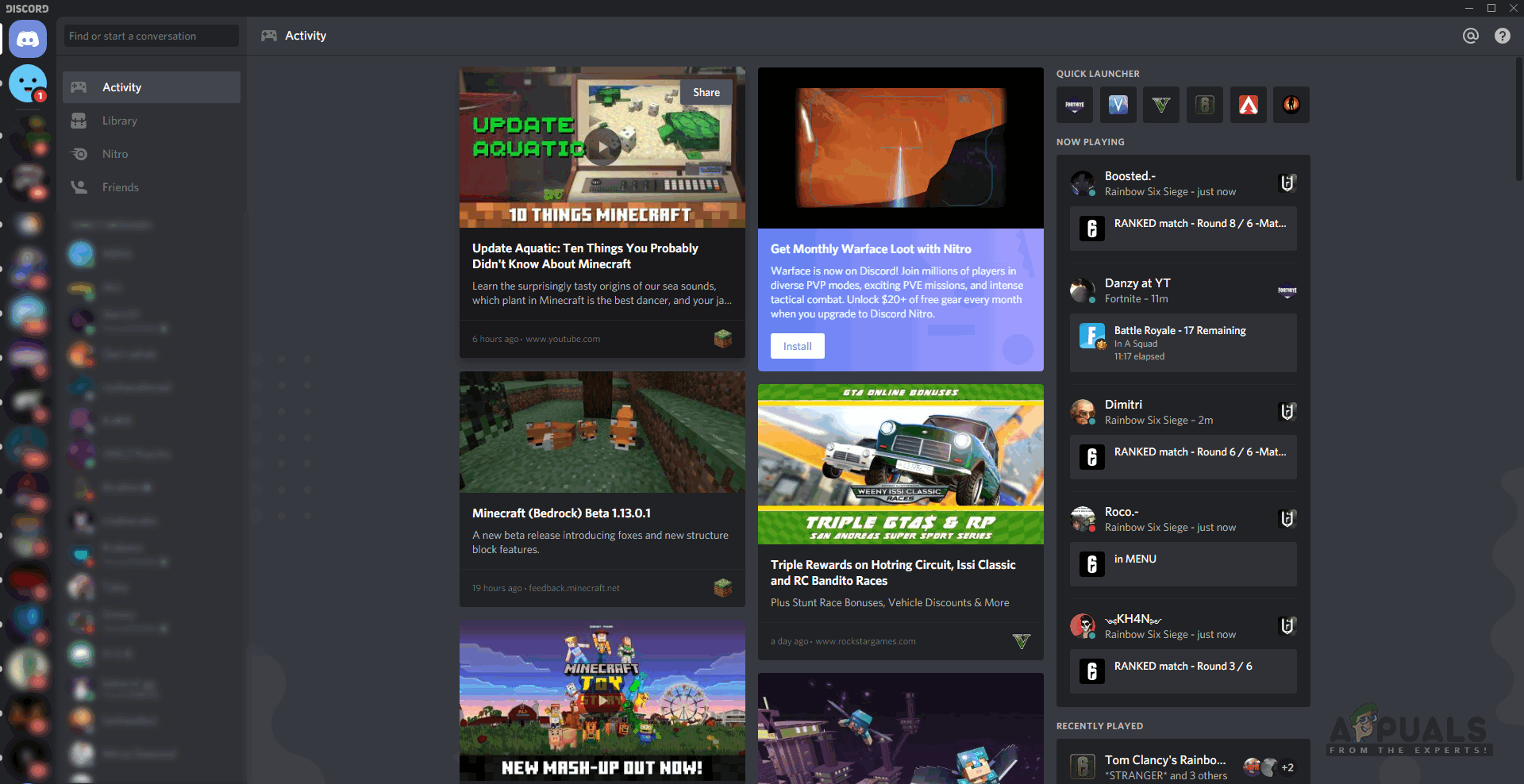Throughout the year’s, many applications of VOIP(Voice over Internet Protocol) have been created. However, the most popular ones are Discord and Teamspeak. The best part about them is they both are absolutely free to use.
Which One Is Better?
Now the question that arises is which software is most convenient and efficient in terms of performance.
Teamspeak
Teamspeak is the VOIP that was released way back on August 26, 2002. It has been the most admired and the most used VOIP as it was intended for gamers. Teamspeak has a smaller size than Discord and it uses very fewer resources than it as well; making it faster for people with low-spec systems than Discord. Teamspeak also has a very versatile layout which can be a little bit difficult to use for new users. However, after a short while, anyone can get the hang of it. This is unlike Discord where you have to simply join a server by either receiving an invite on Discord or opening an invite link. On Teamspeak you must copy the IP address of the desired server and then connect to it. Discord automatically bookmarks a server whereas, on Teamspeak, this has to be manually done. On Teamspeak, in order to host a server, you must buy it from a host as it is not free to use. Depending on how many client slots you are opting for, it will cost you accordingly. Overwolf is an in-game overlay software that is partnered with Teamspeak and allows you to capture gameplay and monitor the current channel to see who is sitting on the channel and who isn’t. Unfortunately, enabling Overwolf also enables input lag which can be a pain for gamers as even 0.5s of delay can be costly during online gaming.
Discord
Discord is the VOIP that was released back on May 23, 2015, and has now become one of the most used VOIPs of all time. Discord comes in at a larger size as compared to Teamspeak using up about a 100 megabytes of storage. One of the bad things about Discord is that systems with poor performance will allow Discord to take most of the memory and disk usage which can hinder your other processes. This is because Discord has a much-advanced API and integration that makes it much sleeker and convenient than Teamspeak. Unfortunately, this also makes it more power-hungry than Teamspeak as well. Discord allows you to add games in the quick launch so whenever you need to launch a game but do not have the shortcut for it, you can always launch it from Discord. You can buy certain games on Discord that come at a very discounted price and it allows other Discord users and friends to know which game you own and play on a daily basis. Servers on Discord are free to host, unlike Teamspeak where you have to pay monthly/yearly/onetime. The servers on Discord are also easily managed as most things are basic and easy to manipulate like making channels or sending invites. Discord has its own overlay for gaming that allows users to monitor the activity in their current channel of other users leaving and joining. Users can also enable or disable certain notifications like messages, tags and etc. Discord also allows you to show other people what game you are playing currently. If you are playing a known game like Fortnite that is integrated for Discord, then it will also show how many people you are playing with, how many people are left in the current match and even the time of how long it has been since the match began. On Discord, if you have friends added with you, you can see their mutual servers to know if they are on the same server as you.
Conclusion
The winner is Discord by a mile as it has many features that Teamspeak lacks. The only thing stopping Discord from being flawless is the disk and memory usage it consumes. Other than that Discord allows for a free server to be hosted that cannot be done on Teamspeak. Discord has a user-friendly overlay that does not allow input lag. Most importantly Discord is much more easy to use than Teamspeak due to its guided user interface.
How to Quickly Make a TeamSpeak 3 ServerHow to Fix the TeamSpeak Push to Talk Feature not WorkingGTX 1080 vs 1080 Ti - Which is better?Antimalware vs Antivirus: Which is Better?




